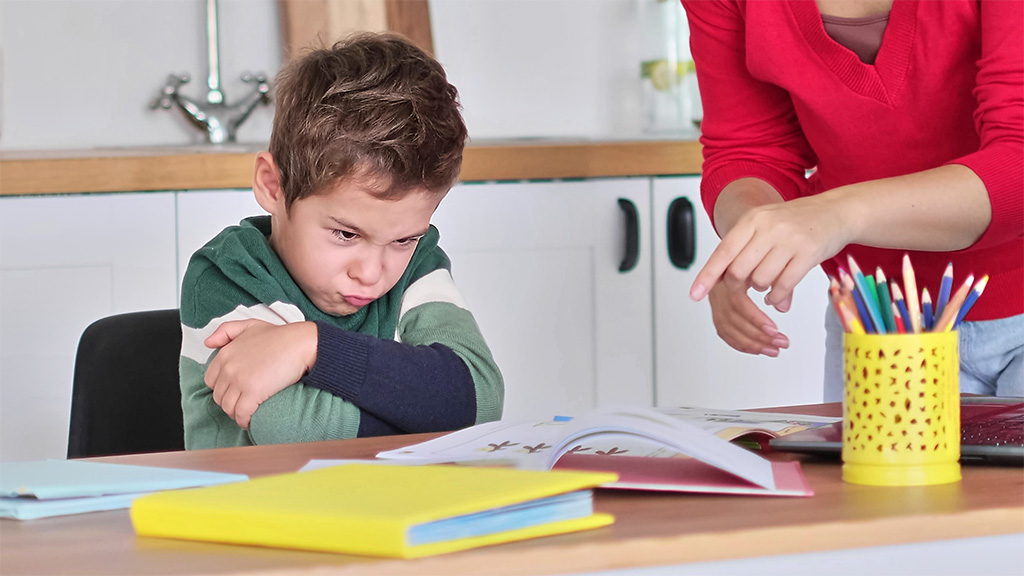Attention Deficit Hyperactivity Disorder (ADHD), a cognitive disorder that afflicts around 129 million children globally (or up to 7.2% of children under 18 years old), affects a child’s daily functioning. These latest statistics, according to CHADD (Children and Adults with Attention Deficit Hyperactivity Disorder), one of the leading non-profit organizations whose mission is to improve the lives of people affected by ADHD, suggest that ADHD is one of the more common mental disorders affecting children.
Effects of the pandemic on ADHD
With the global pandemic in 2020, the prevalence of ADHD had increased, according to CHADD. Jeffrey S. Katz, PhD, a clinical psychologist and member of the Board of Directors of CHADD notes that since people with ADHD rely on structure, “when that structure was removed, symptoms that were under control became much more impairing.” Online and phone-based queries to CHADD increased in 2020 by 77% and 62%, respectively, compared with 2019 queries about ADHD.
The frustration, stress, and many challenges faced in dealing with mental health challenges, such as ADHD, need proven solutions and treatments so that parents and guardians can effectively deal with this disorder.
Another study indicated that the pandemic may increase the severity of ADHD symptoms. It may also be associated with less exercise and outdoor time, less enjoyment in activities, increased screen time, and negative moods. The restrictions and uncertainties brought upon by the pandemic on daily activities have caused social isolation, lessened motivation and engagement in online learning, and even sleep disruptions. But with societies slowly going “back to normal” or some refer to as “new normal,” small doses of interaction with family and friends, finding a balance that feels right has become important and necessary for good mental health – especially for parents and guardians of children with ADHD.
Current available treatments that help reduce these symptoms and improve the functioning of children with ADHD include medication, education or training, therapy, or a combination of these treatments.
Conventional and complementary treatments
Here are some conventional treatments that parents/guardians can use:
- Medications for ADHD management have been the route for this neurological disorder. Doctors and scientists, however, have time and again given other options for treatments, especially for those with uncertain side effects brought upon by these medications. These side effects include insomnia, headaches, stomach aches, and recurrence of these symptoms.
- Mind-body practices are considered helpful alternatives to treat ADHD. Aside from physical exercises, sleep and mindfulness-based interventions have been very helpful, including yoga, meditation, massage, music therapy and play therapy.
- Psychosocial intervention is also an option for parents and guardians, which involves behavioral modifications where parents undergo training to better deal with ADHD in their children. Peer and social skills training is also helpful, as well as school and classroom-based intervention and training.
App-based training programs using EEG data
The Mind Institute of UC Davis writes that app-based programs and computer training have been increasingly used to treat ADHD. This includes the use of electroencephalogram (EEG) technology, which gives real-time feedback to better manage neurological disorders.An example of this is the scientifically validated digital attention training program, Cogo. This fun and interactive attention training program has been developed by Neeuro, together with the Institute of Mental Health (IMH), Duke-NUS, and Singapore’s Agency for Science, Technology and Research (A*STAR). Paired with a portable and low-powered EEG headband, the SenzeBand 2, it has been shown effective in improving the attention levels in children. This solution can help children focus better and is complementary to current conventional treatments for ADHD.
Cogo has already been used to train children with attention issues in Europe and Asia.
[Find out more about how Cogo has helped children across the globe: Improve Your Child's Attention With Cogo]
Cogo as an effective training program in the new normal
Emotional regulation has been a struggle for children with ADHD, hence the twists and turns of the pandemic have become more difficult for them to handle. Having a readily available and portable fun and interactive training program is a welcome treatment, complementary to conventional treatments including parents and guardians who constantly give positive reinforcements and praise to their children.While we move towards and navigate into the new normal, it is very encouraging that the therapeutic approach of Cogo using SenzeBand 2 makes parents much more hopeful that this revolutionary solution using EEG technology will help their kids with ADHD have stronger and healthier minds.
Click below to check out Neeuro's attention training solution.






Leave a Comment